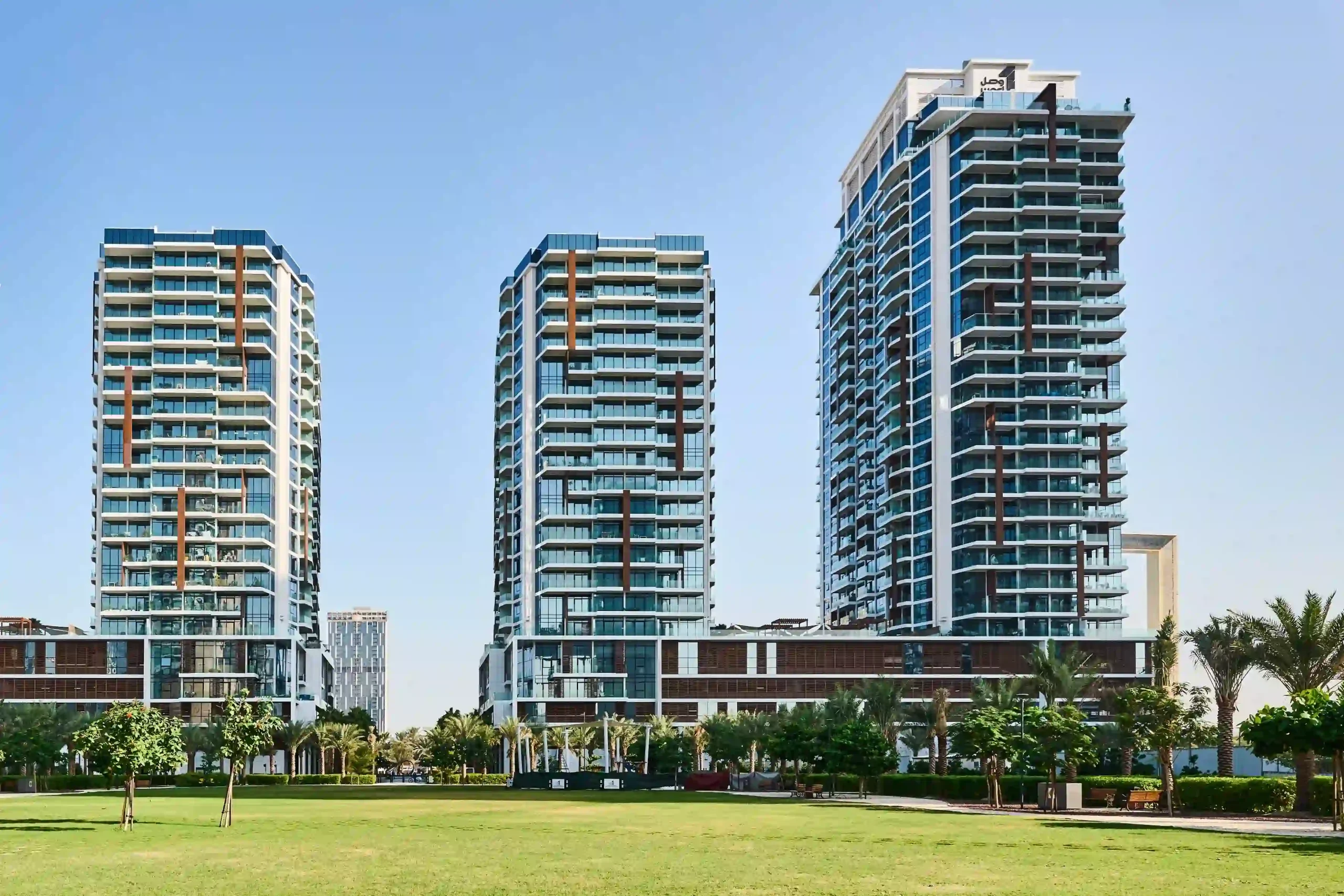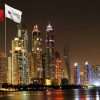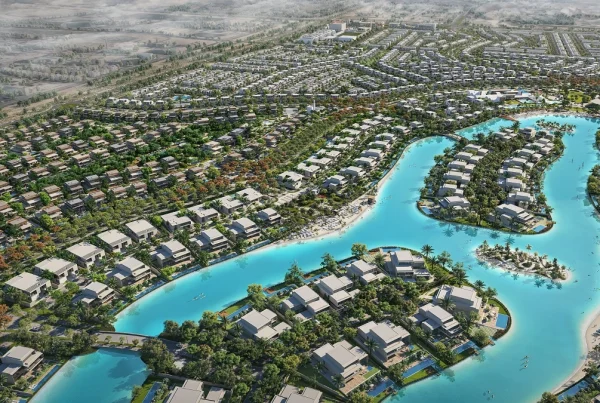Dubai Real Estate 2025: A Mature, Transparent, and Globally Competitive Market
In 2025, Dubai real estate market is not just expanding—it’s evolving with clear strategic intent. Guided by long-term planning, investor trust, and a transparent regulatory framework, the emirate has transformed into a mature, globally competitive property market. Speculation has given way to sustainability, as buyers and investors increasingly respond to a stable, data-backed growth trajectory.
Strong First-Half Performance in 2025
According to the Dubai Land Department, more than 96,000 property transactions worth AED 322 billion were recorded in the first half of the year, with nearly 45% of the total value coming from off-plan sales. Data from Bayut’s market insights highlights robust activity in affordable and mid-tier communities, where rental yields remain competitive and end-user demand is strong.
- Apartment prices rose by up to 13% compared to H2 2024, with demand strong in Dubai Silicon Oasis, International City, and JLT.
- Villa prices surged by up to 25% in key communities such as Dubailand, Arabian Ranches 3, and Dubai Hills Estate.
- High-yield apartments in International City, Dubai Sports City, Dubai Silicon Oasis, and JVC delivered gross rental yields of 7%–11%.
- Villas in JVC offered the highest returns among popular areas, at 7.28%.
This performance reflects Dubai’s transition into a balanced, investment-ready market, driven by disciplined development, diverse housing demand, and long-term buyer confidence.

Strategic Growth with Global Appeal
The nature of demand in 2025 has shifted. Buyers now include families relocating for the long term, professionals establishing permanent residences, and institutional investors making calculated entries. High-end properties in communities like Palm Jumeirah continue to attract global capital, while mid-market areas enjoy strong regional interest and consistent occupancy rates.
Developers such as Emaar, DAMAC, and Majid Al Futtaim have taken a more disciplined approach, aligning new project launches with real market demand. Master-planned destinations like Dubai Hills, Tilal Al Ghaf, and Dubai Creek Harbour are thriving not just because of their properties, but because of the complete lifestyle they offer.
Policy-Driven Resilience and Transparency
Dubai’s macroeconomic resilience is supported by policy-driven market stability. Initiatives such as the Golden Visa programme, expanded foreign ownership rights, and tax incentives have reshaped investor sentiment. Enhanced market tools, including Bayut’s TruEstimate and comprehensive property transaction data from the Dubai Land Department, have added transparency and accessibility, replacing past market unpredictability with clarity and trust.
Yield-Backed End-User Demand
Average gross yields of 6%–8% are being driven not by speculative flipping, but by genuine end-user demand from professionals and families. Freehold ownership, streamlined transactions, and strong governance have positioned Dubai as one of the world’s most attractive long-term property investment destinations.
Luxury as a Strategic Growth Segment
The ultra-luxury market continues to thrive on fundamentals. Dubai now ranks among the top 20 wealthiest cities in the world, home to more than 81,000 millionaires. For high-net-worth individuals, the city offers not only high-value property, but also lifestyle, stability, and secure returns. With over 81,000 homes projected for delivery in 2025, supported by infrastructure upgrades and new urban hubs, even fringe areas are unlocking new investment opportunities.
Technology Driving Engagement
Proptech innovations are enhancing the way buyers search, evaluate, and purchase properties. Haider Ali Khan, CEO of Bayut and dubizzle, emphasizes: “Dubai’s real estate market has moved beyond momentum—it’s now driven by maturity, transparency, and smart innovation.” Digital tools are making property transactions more informed and inclusive, reinforcing investor confidence globally.
Outlook: Future-Ready and Investor-Driven
Dubai’s real estate market in 2025 is defined by alignment—between regulation, demand, infrastructure, and innovation. This synergy creates an environment where both local and international investors can make informed, profitable, and long-term decisions. As the city continues to set global benchmarks for a future-ready property market, the world is not just watching—it’s participating.
Explore investment opportunities across Dubai’s most in-demand communities with Aurantius Real Estate.










